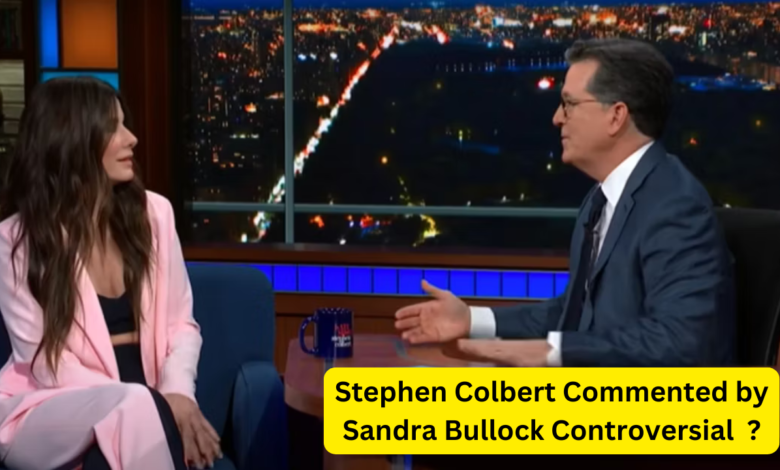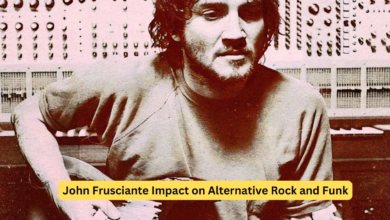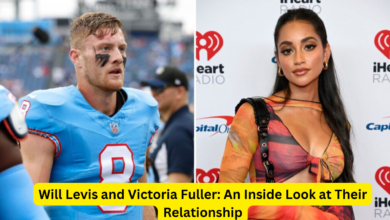Stephen Colbert Commented by Sandra Bullock

In recent weeks, Sandra Bullock’s candid comments about Stephen Colbert‘s talk show have ignited a firestorm of discussion and debate. The Hollywood actress, renowned for her roles in blockbuster hits and her generally positive public persona, took an unexpected turn by expressing her discontent with her experience on Colbert’s show. This article provides a comprehensive examination of Bullock’s remarks, exploring the context of her comments, the subsequent reactions, and the broader implications for both the talk show industry and celebrity interviews.
Sandra Bullock’s Comments: A Detailed Examination
Sandra Bullock’s appearance on The Late Show with Stephen Colbert was initially anticipated as a standard promotional opportunity for her latest film. However, her comments during the interview shifted the focus from her film to a critique of the show itself. Bullock voiced discomfort with the format and the interview process, a surprising deviation from her usual professional demeanor.
The Nature of Bullock’s Comments
Bullock’s critique was centered on several key aspects of Colbert’s show:
- Interview Format: Bullock expressed dissatisfaction with how the show’s format handled certain topics. She mentioned feeling that the discussion often veered away from substantive content, focusing instead on sensational or trivial matters.
- Interaction Dynamics: Bullock revealed discomfort with the interaction dynamics, suggesting that the conversation felt disjointed and lacked genuine engagement. She criticized the show for not providing a more relaxed and respectful environment for her to share her insights.
- Personal Experience: The actress also touched on how the overall experience on the show diverged from her expectations. Her remarks indicated a sense of frustration with the way her appearance was managed and the direction of the interview.
The Context of Bullock’s Remarks
Understanding the context behind Bullock’s comments requires examining the nature of her appearance on The Late Show. The interview was primarily intended to promote her new film, but it appears that the experience left her feeling unsatisfied. Bullock’s typically composed and professional public image contrasted sharply with the criticism she voiced, highlighting a significant shift in her usual media interactions.
Interview Setting and Purpose
The purpose of Bullock’s appearance was to generate buzz for her latest project, a common goal for celebrities appearing on talk shows. However, her comments suggest that the interview did not align with her expectations for a promotional appearance. The contrast between her professional demeanor and the criticism she offered reflects a deeper dissatisfaction with the interview process.
Public Perception and Media Attention
Bullock’s remarks have attracted considerable media attention, further fueled by the contrast between her usual public persona and her critical comments. This situation has amplified the scrutiny on Colbert’s show, leading to a broader discussion about the nature of celebrity interviews and the expectations surrounding them.
Public and Media Reactions
The response to Bullock’s comments has been varied, reflecting the polarized opinions of fans and critics alike.
Fan Reactions
Reactions from fans have been diverse. Some supporters of Bullock have applauded her for speaking out and addressing what they perceive as flaws in the interview process. Others, however, feel that her comments were either misinterpreted or unjustified, questioning the validity of her criticisms.
Media Coverage
The media coverage of Bullock’s remarks has been extensive. Various outlets have analyzed her comments from different angles, including:
- Career Trajectory: Discussions on how this incident fits into Bullock’s overall career narrative and whether it signals a shift in her public image.
- Criticisms of the Show: Analysis of the specific criticisms Bullock made and their implications for Colbert’s show.
- Broader Context: Examination of how this incident reflects larger trends in celebrity interviews and public relations.
The Implications of Bullock’s Remarks
Bullock’s comments have broader implications beyond the immediate controversy. They shed light on the dynamics of celebrity interviews and the evolving expectations for talk show formats.
Reevaluating Celebrity Interviews
Bullock’s critique highlights several areas where celebrity interviews may need to evolve:
- Interview Dynamics: The balance between entertainment and genuine conversation is crucial. Bullock’s comments suggest a need for more respectful and meaningful interactions during interviews.
- Future Approaches: This incident could lead to changes in how interviews are conducted, with a greater emphasis on accommodating the guest’s comfort and addressing their concerns more sensitively.
Impact on Stephen Colbert’s Show
Colbert’s show, a staple of late-night television, may face several challenges as a result of Bullock’s remarks:
- Show Format Adjustments: There might be a push to modify the show’s format in response to the criticisms. This could include changes in how questions are framed or how topics are introduced to better accommodate guest preferences.
- Public Perception: The incident may impact Colbert’s reputation and the show’s viewership. Ongoing scrutiny could affect how audiences perceive the show and its host.
Reactions from Industry Insiders
Industry insiders have weighed in on Bullock’s remarks, providing valuable perspectives on the implications for celebrity interviews and talk show formats. Some industry experts argue that Bullock’s comments reflect a growing trend where celebrities are increasingly vocal about their media experiences. This shift could signal a more profound change in how celebrities manage their public appearances and interact with media personalities. Insights from media analysts suggest that such candid feedback might encourage talk show hosts to adopt a more nuanced approach to interviews, potentially leading to more authentic and engaging conversations.
The Role of Social Media in Shaping Public Opinion
Social media has played a pivotal role in amplifying the controversy surrounding Bullock’s comments. Platforms like Twitter and Instagram have seen a surge in discussions about her critique, with users sharing their opinions and debating the validity of her feedback. The immediate and widespread dissemination of her remarks via social media highlights the influence of digital platforms in shaping public discourse. This phenomenon underscores the need for talk show hosts and media professionals to be increasingly aware of the potential impact of their interview techniques and public interactions.
The Potential for Industry-Wide Changes
The fallout from Bullock’s comments could potentially spark broader changes within the talk show industry. If her critique leads to widespread acknowledgment of the issues she raised, we might see a shift towards more guest-centered interview practices. Talk shows might start implementing new strategies to ensure that interviews are conducted with greater sensitivity and respect for guests’ preferences. This shift could also inspire other celebrities to share their own experiences, fostering a culture of transparency and constructive feedback within the media landscape.
Future Prospects for Stephen Colbert’s Show
Looking ahead, Stephen Colbert’s show will likely need to address the concerns raised by Bullock’s comments to maintain its reputation and audience engagement. The show’s producers and Colbert himself may need to reflect on the feedback and consider adjustments to the interview format. By embracing the opportunity to improve and adapt, Colbert’s show could turn this challenge into a chance for growth and enhancement. Ensuring that future interviews are more aligned with guests’ expectations could help in rebuilding trust and reinforcing the show’s commitment to providing a positive and respectful platform for all its guests.
Conclusion
Sandra Bullock’s controversial comments about Stephen Colbert’s show have sparked significant discussion and debate. By providing an in-depth analysis of her remarks, the context of her criticism, and the broader implications for celebrity interviews, this article offers a comprehensive view of the situation. The media’s continued coverage of this story will likely influence future interactions between celebrities and talk show hosts, potentially leading to changes in how interviews are conducted and perceived.





9 Comments